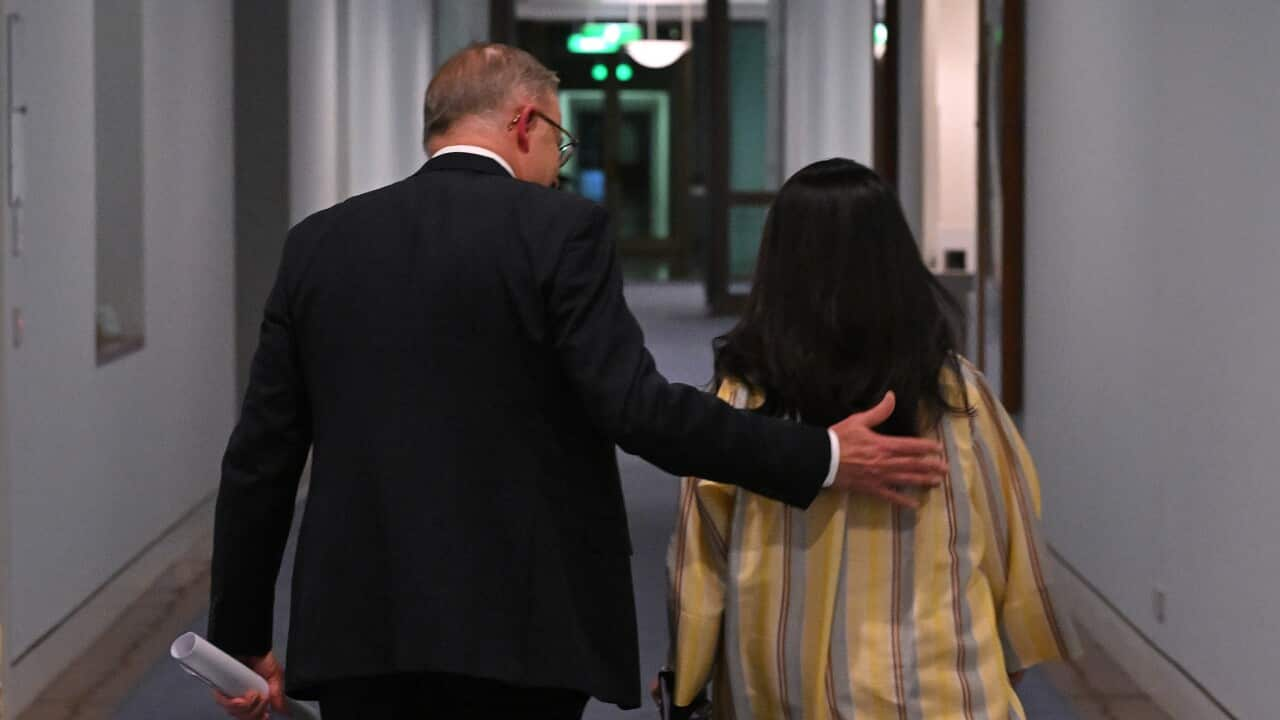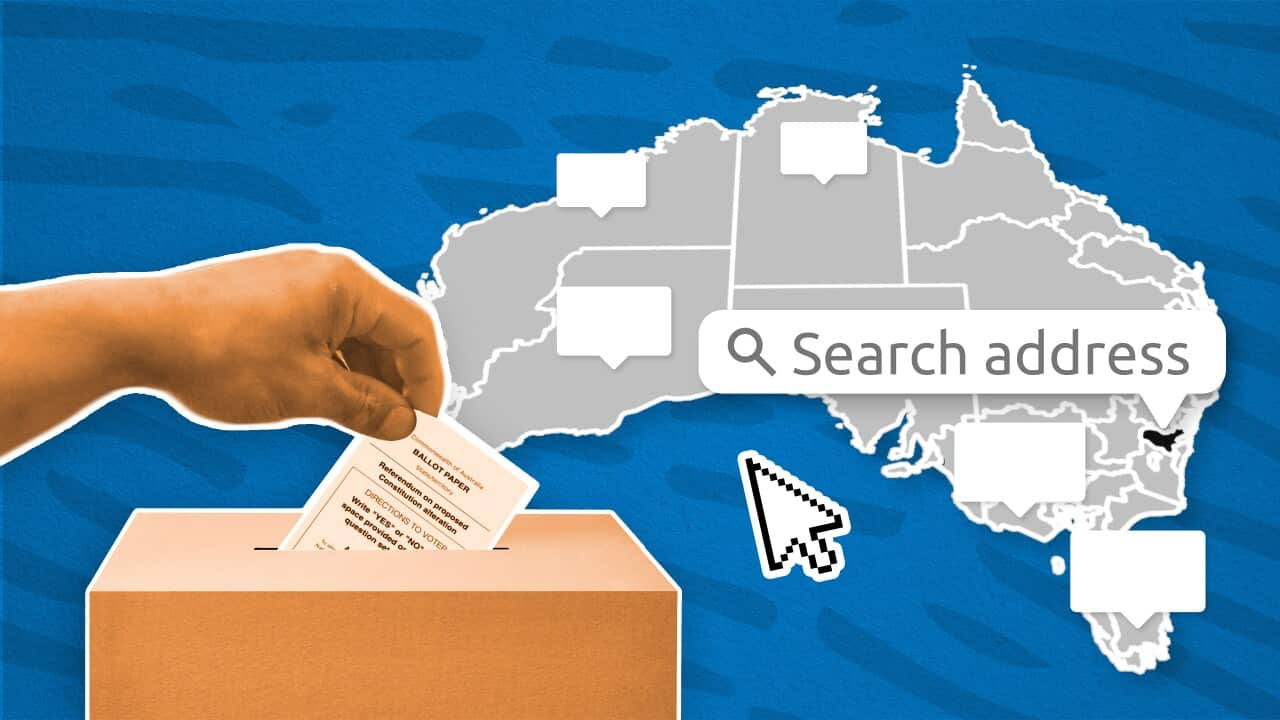Key Points
- Australians have resoundingly rejected an Indigenous Voice to Parliament.
- South Australia will establish a state-based Voice, despite a majority of residents voting No in the referendum.
- The state Opposition is calling for the legislation to be repealed.
South Australia is going ahead with its own state-based Indigenous Voice body, despite residents rejecting the constitutionally enshrined proposal on Saturday.
All states voted against the Indigenous Voice to Parliament — which would have been a body of Aboriginal and Torres Strait Islander people advising the government on issues particularly impacting Indigenous Australians.
South Australia recorded the second-highest No vote at 64.5 per cent, only trailing Queensland at 68.6 per cent as of 1pm on Sunday.
Despite the resounding objection to the Voice to Parliament, Premier Peter Malinauskas remains confident that residents "know the difference" between the state's own body, which was legislated in March.
"South Australians are pretty smart … I think they know the difference between a constitutional change and a piece of legislation, so I'm not too concerned about that," he said on Sunday morning.
"It's very different by nature. It's also a proposition that's had bipartisan support from a state liberal party in the past. So it's not an extreme proposition.

Premier Peter Malinauskas appeared alongside Yes campaigners like Major Sumner and Noel Pearson in the lead-up to the referendum vote. Source: AAP / Mark Brake
Malinauskas said the state's Voice would "roll out as planned" and that he was not concerned about any political blowback because the two bodies were "different".
How will the Voice in South Australia work?
South Australia's state Voice will have six local First Nations Voices, with each region's local voice consisting of two members of different genders.
Elections will be held on Saturday 16 March 2024, with First Nations people who live in South Australia voting for members of their Local First Nations Voice.
The SA Voice will then present its views to the state parliament and executive, meeting with cabinet at least twice a year, and does not have the power to stall or veto legislation.
"It'll demonstrate that a non-binding advisory committee can occasionally make representations to the parliament on various matters," Malinauskas told reporters.
"It'll be up to the parliament to determine whether they accept or reject that advice. It's not particularly controversial and will roll out as planned."
South Australia became the first state to pass legislation to establish its own Voice to Parliament.
But it paused the establishment of the body for six months in June, with the state government arguing it was "causing confusion" with the national vote.
Calls to repeal the legislation after failed referendum
Malinauskas is facing pressure from the Opposition to walk back the state's Voice legislation.
SA Opposition leader David Speirs said given the proportion of people that have voted No, he'd be open to reassessing whether the Voice should go ahead.
"We've got a state-based Voice here in SA. I'm not sure we really know what to do with it now," he told reporters on Sunday morning.
"South Australia has overwhelmingly rejected our interest in having a mechanism such as a Voice to the federal parliament and there are clearly going to be misgivings around a Voice to state parliament as well."
"I've always said we were very open to amending this legislation, should it be deemed not to be working (or) should we conclude that South Australians don't want this state Voice," he added.
"They clearly don't want a federal Voice, do they want a state Voice either? I think they'd be immensely surprised that we have a legislated Voice."
One Nation MP Sarah Game announced on social media that she intends to introduce a bill calling for the First Nations Voice Act 2023 to be repealed.
"There is no place for the remnants with the legislated South Australian Voice," she said on X, the platform formerly known as Twitter.
"It's time for a plan for needs-based support, not race or heritage-based support."
In response, Malinauskas said he is "determined" to honour the legislation, which had bipartisan support when it was passed earlier this year.
"I think it's important that politicians honour their commitments," he said.
SBS News contacted David Speirs for comment but did not receive a response by deadline.
What about other states?
Treaty processes are also underway in some states.
Treaties were another element of the 2017 Uluru Statement from the Heart, which also called for a Voice and truth-telling about Australia's history.
Earlier this year, Queensland passed laws to establish the First Nations Treaty Institute, a body to prepare First Nations people for an upcoming Treaty process.
Victoria has had a First Peoples' Assembly since 2019, with 21 Indigenous members representing five of the state's regions. Its main aim is to establish the rules through which the state government will negotiate treaties with First Nations people.
Tasmania is in the early stages of pursuing Treaty and truth-telling. Western Australia is the only state not to have committed to a Treaty process in some form.












